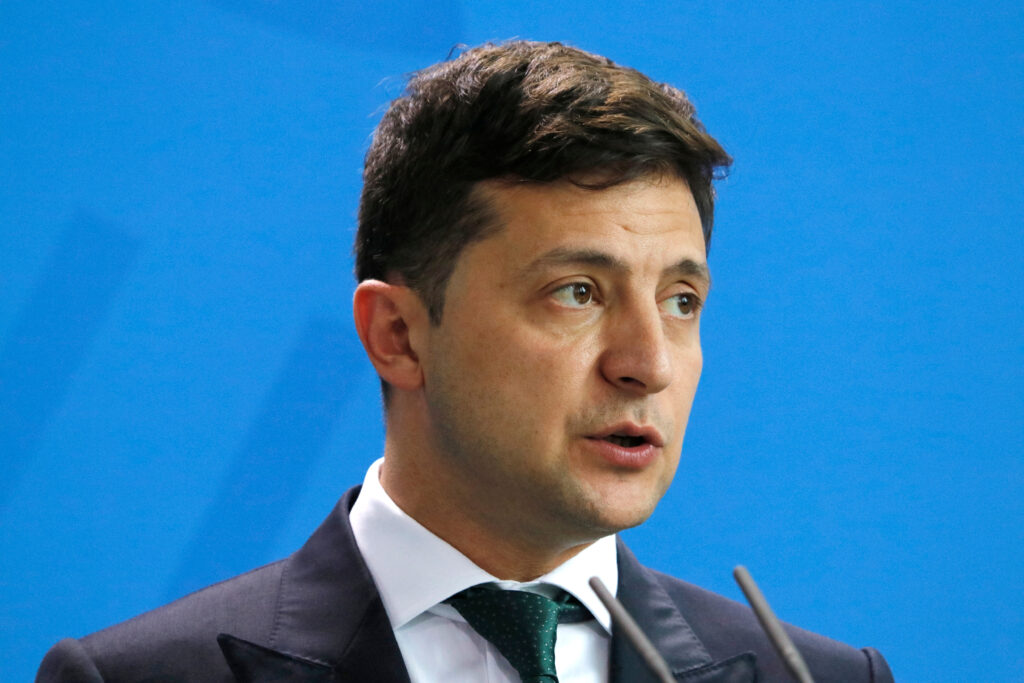A series of Ukrainian drone attacks on Moscow triggered major travel disruptions across Russia just days before the country’s annual Victory Day parade. The attacks forced authorities to close airports and reroute flights, causing delays for tens of thousands of passengers. The chaos also affected international airspace, leading to growing tension between Russia and several European Union (EU) countries.
Air Travel Collapses in Moscow
On the morning of the attacks, Russia’s Federal Air Transport Agency confirmed that more than 350 flights were affected. Over 60,000 passengers faced long delays or had their flights cancelled. Many were left stuck in planes for hours, waiting for permission to take off or land.
The trouble began when Russian defense units shot down several drones as they approached Moscow. This marked the third day in a row of drone activity targeting the Russian capital. Officials described the situation as “under control,” but state media used stronger words. Some outlets called the event a “collapse” of Moscow’s airport system.
Passengers at key airports like Sheremetyevo, Domodedovo, and Vnukovo posted photos and videos online. The images showed packed terminals, grounded airplanes, and frustrated travelers. One passenger on a delayed flight to Sochi said, “We were told nothing for two hours. No updates, no food. Just waiting.”
Russian air officials said many flights were delayed not only in Moscow, but across central Russia. Planes could not arrive on time at their planned destinations, causing a chain reaction of late takeoffs and missed connections.
International Flights Face New Roadblocks
The chaos didn’t stop in Russia. It quickly spilled over into international airspace. Serbia’s President Aleksandar Vučić had to divert his flight to Baku, Azerbaijan, instead of landing in Russia. Serbia’s state news agency confirmed that the decision was due to rising security concerns in the area.
But the situation became more complex when EU countries denied airspace access to flights heading to Russia for Victory Day.
Both Lithuania and Latvia blocked Vučić’s plane from crossing their skies. They cited the ongoing war and said allowing such flights would send the wrong message. The two countries also said they were standing firm against any attempts to legitimize the Russian government during wartime.
Other EU countries took similar action. Poland and Lithuania denied airspace to Slovakia’s Prime Minister Robert Fico. Estonia took a strong stance too. Its Foreign Minister Margus Tsahkna said no planes carrying officials to Russia would be allowed in Estonian airspace.
“Participating in Russia’s Victory Day parade helps spread their propaganda,” Tsahkna said. “No EU official should be seen at these events while Russia is waging war in Europe.”
EU Warns Serbia Over Moscow Trip
The European Union sent a warning to Serbia. It said that Vučić’s plan to attend the Victory Day parade in Moscow could go against Serbia’s efforts to join the EU. EU diplomats said that such actions would harm talks about Serbia’s future in the Union.
One diplomat said, “The EU stands for peace, unity, and human rights. Being seen at an event hosted by a country attacking its neighbor sends the wrong signal.”
While Serbia has applied for EU membership, it also has close historical and political ties with Russia. Vučić has tried to balance both sides, but this latest event could put that balance at risk.
Russia Declares Ceasefire Before Parade
As tensions rose, President Vladimir Putin made a surprise move. He announced a unilateral ceasefire to allow the Victory Day celebrations to take place in a “safe environment.” The ceasefire was set to start Thursday and end at midnight on Sunday.
The Kremlin urged Ukraine to respect the temporary truce. Officials said it was a goodwill gesture to avoid further harm during the national holiday.
But Ukraine refused. President Volodymyr Zelenskyy called the ceasefire a fake move. “It’s not a real peace offer,” he said. “It’s just for show. Russia wants to look good while still attacking us.”
Zelenskyy also said that Ukraine could not guarantee the safety of foreign leaders traveling to Russia during the parade. He warned that any visit during active conflict could put lives at risk.
Violence Continues Despite Ceasefire
Just hours after the ceasefire was supposed to begin, Ukraine said Russia had launched a massive missile and drone attack on Kyiv. Two people were killed, and at least eight others were injured. Four of the wounded were children, according to Ukrainian emergency services.
The strike hit residential areas, causing fires and heavy damage. Ukrainian officials said the attack proved that Russia had no real interest in peace.
Kyiv’s mayor, Vitali Klitschko, said, “This is what Russia calls a ceasefire? Bombing children in their homes? We will not be fooled.”
Rising Tension Between Russia and the West
This new wave of attacks and the flight disruptions show that the war is far from over. The drone strikes and the airspace bans have made things worse for both travelers and world leaders. What was once a quiet tradition—Victory Day—has now become a symbol of division and war.
As Russia prepares to celebrate its role in ending World War II, the rest of the world is watching closely. The gap between East and West is growing. And the skies over Europe are becoming more dangerous.
